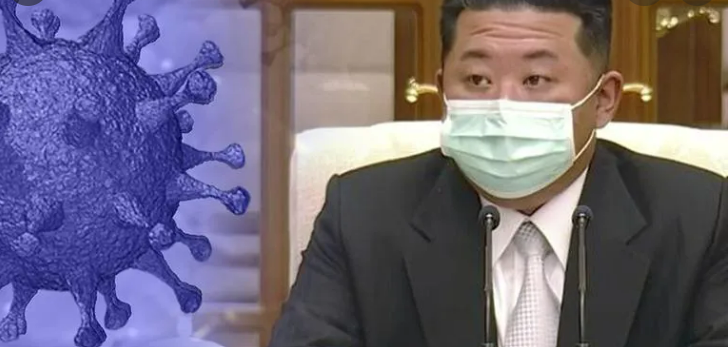Virendra Pandit
New Delhi: With the resurgence of Covid-19 in at least four of the six World Health Organization (WHO) regions on the planet last week, the global health watchdog has expressed deep concern and cautioned the countries not to relax nor lower their guard against the pandemic.
WHO Director-General Tedros Adhanom Ghebreyesus observed on Tuesday that a decline in genome sequencing and testing for Covid-19 has made it “increasingly difficult” to know where the killer virus is and how it is mutating.
“Over the last week, Covid-19 cases have risen in four out of the six WHO regions. Because of testing and sequencing reducing in many countries, it is increasingly difficult to know where the virus is and how it’s mutating,” he said, the media reported.
Dr. Tedros also complained about the first reported Covid-19 outbreak in North Korea, with over 1.7 million suspected cases since late April. On Wednesday, North Korea reported over 269,500 fresh cases of fever and six related deaths as the virus continued to spread rapidly in the unvaccinated population in the secretive Asian country armed with nuclear weapons and missiles.
“WHO is deeply concerned at the risk of further spread of Covid-19 in the country, particularly because the population is unvaccinated and many have underlying conditions putting them at risk of severe disease and death,” he told the media in Geneva.
He said the WHO has urged North Korea to share data and information on the pandemic’s outbreak, adding that a package of technical support and supplies, including diagnostic tests, essential medicines, and vaccines have also been offered.
About China’s harshest ‘zero Covid policy’, the WHO chief described the extreme approach to containing the coronavirus as unsustainable because of the highly infectious nature of the Omicron variant. He had made similar remarks about Beijing’s Covid strategy, drawing sharp criticism from China.
“We know the virus better and we have better tools, including vaccines, so that’s why the handling of the virus should actually be different from what we used to do at the start of the pandemic,” Dr. Tedros said, adding that the virus had changed significantly since it was first identified in Wuhan in late 2019.
Meanwhile, high levels of coronavirus transmission among unvaccinated people, such as in North Korea, create a higher risk of new variants, a WHO official said on Tuesday.
This came amidst Pyongyang’s first acknowledged Covid-19 outbreak. The situation is currently fuelling concerns over a major crisis because of a lack of vaccines and medical infrastructure in the secretive Asian dictatorship.
“Certainly it’s worrying if countries … are not using the tools that are now available,” said WHO’s Emergencies Director Mike Ryan about the outbreak in North Korea.
So far, North Korea has reported 56 deaths after over 1.5 million people became ill with fever since late April. It lacks test kits to confirm coronavirus infections in large numbers, according to the media reports.

